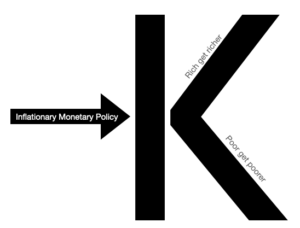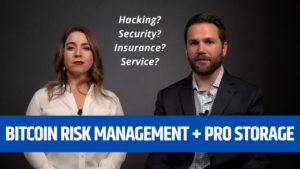
Guidant calls it Audeo. Benetrends calls it Rainmaker. SDCooper calls it ERSOP. It goes by many names and it’s gotten a lot of attention from the franchise industry and, as of about a year ago, the IRS. The IRS calls it “ROBS” for Roll-Over Business Startup.
What is it?
It’s a strategy where a person with retirement funds:
- Forms a C corporation.
- Uses the new C corporation to adopt a 401(k) or profit-sharing plan.
- Performs a rollover from existing retirement funds (IRA, 401k, etc) into the new 401(k) plan.
- Directs the new 401(k) plan to invest into the new C corporation by purchasing shares of stock.
- Now this person has a C corporation with some or all of their retirement funds in it, and they are told they can use the funds to run the corporation, launch a venture, buy a franchise, and even pay themselves a salary.
Special Powers – For Good or Evil?
This is a tremendously powerful strategy. The problem? Many attorneys think it’s illegal because of the prohibited transaction rules. Those rules say that the accounthoder (a.k.a. plan participant) is classified as a “disqualified person,” meaning that the retirement plan can’t transact with him or do things designed to benefit him outside of growing the plan.
To complicate matters, many other attorneys think it’s legal and on very solid ground. Why the disagreement? The pro-ROBS attorneys say that a special exemption throws the prohibited transaction rules out the window when you classify the transfer of the C corporation stock as “qualifying employer securities.”
A Quest for the Final Answer
About a year ago, my phone was ringing off the hook from people saying, “Some say it’s legal, some say it’s illegal. What’s the truth? I don’t want to risk my retirement fund on something sketchy!”
So I set out to get to the bottom of it, and the outcome will surprise you. Stay tuned for the tale of my trip to Washington, D.C. to meet with the guys with whom the buck stops.


